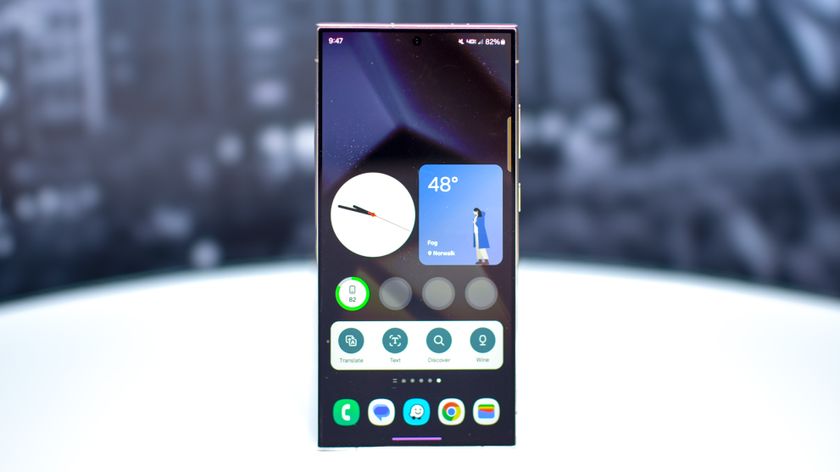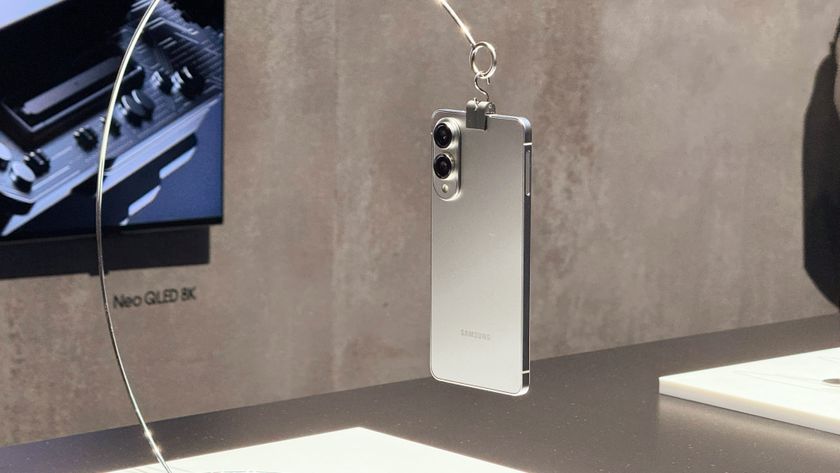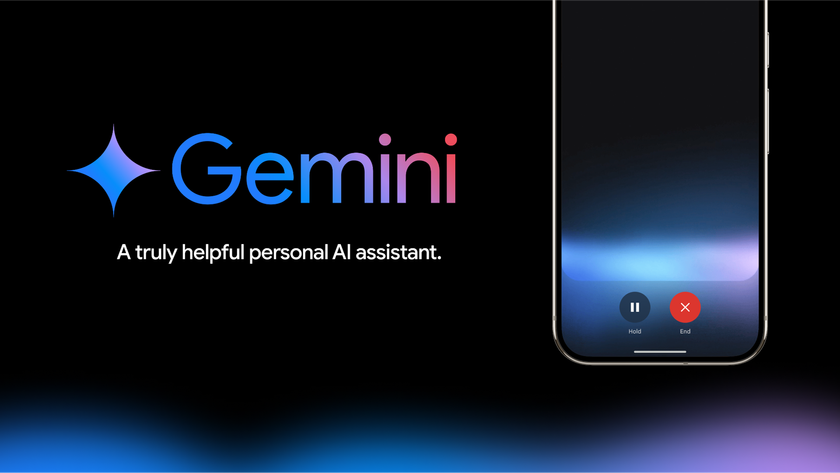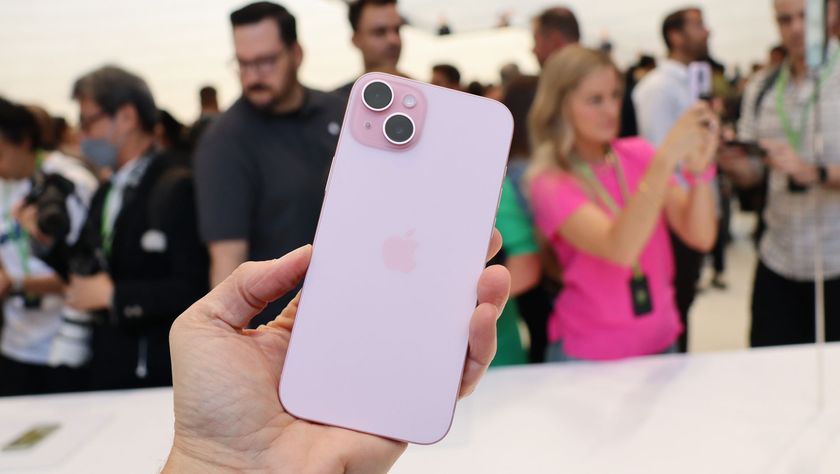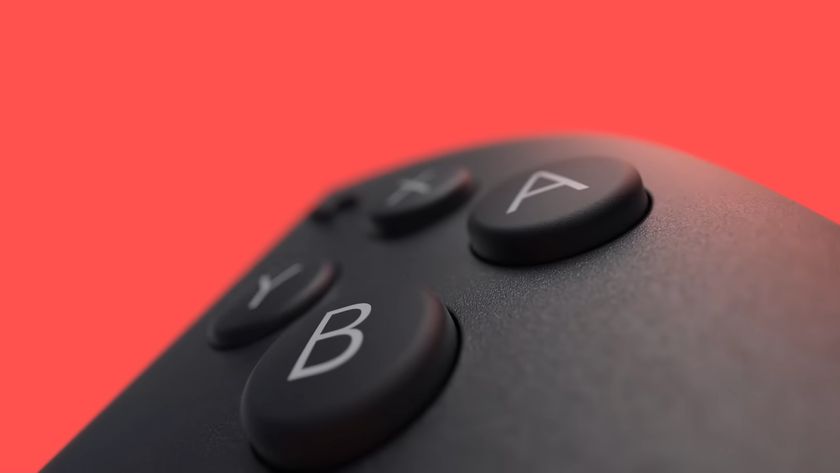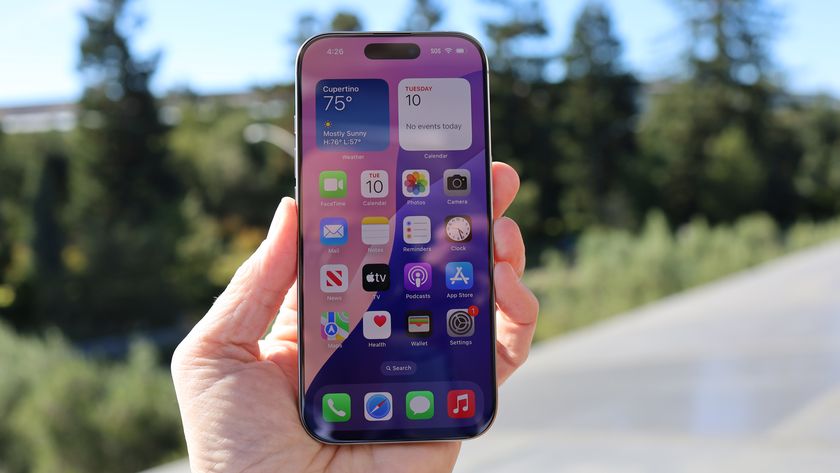3 launches pay-as-you-go mobile broadband
Wave goodbye to tiresome 12-month contracts
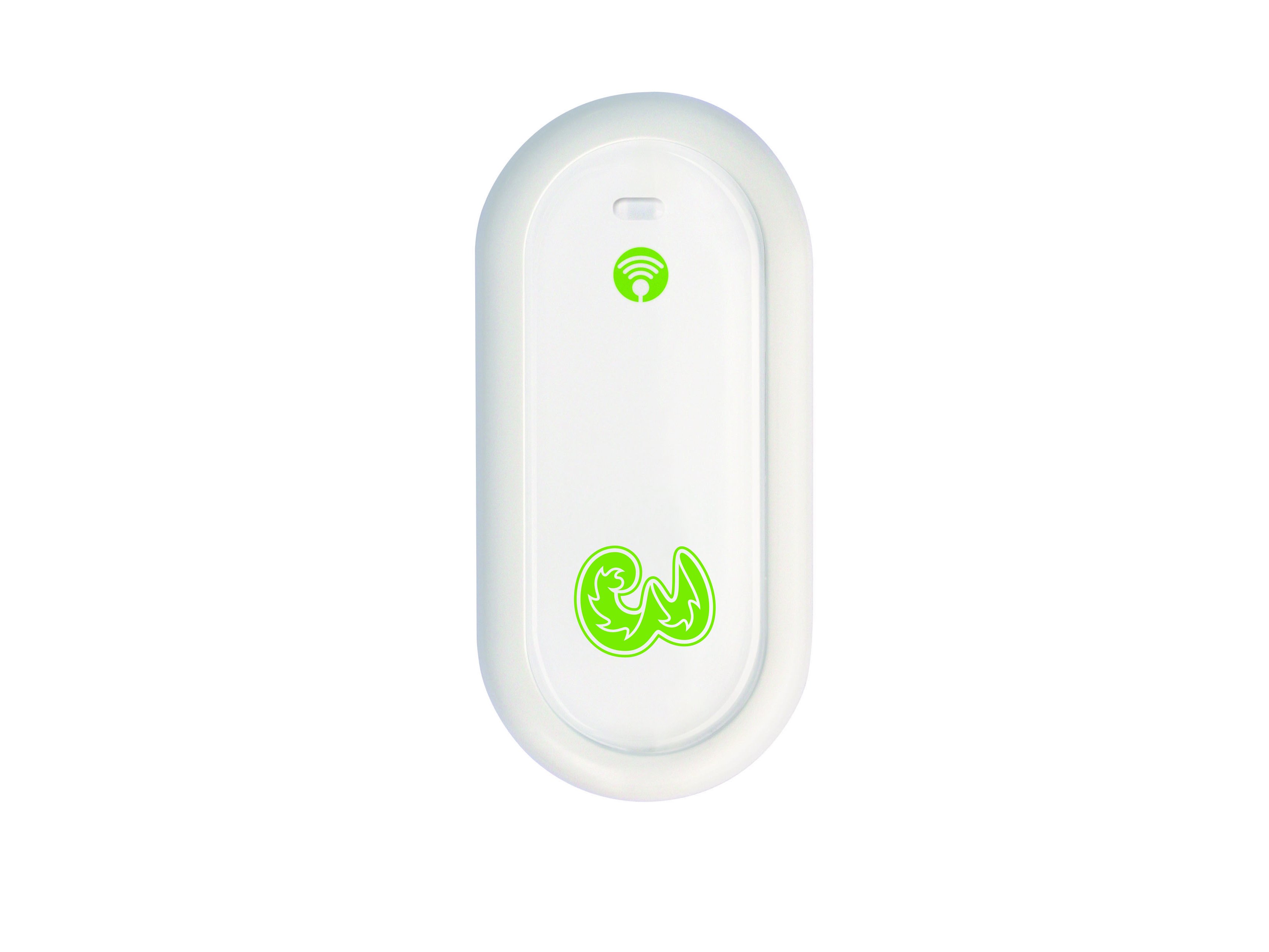
Mobile provider 3 has launched a Pay As You Go (PAYG) version of its popular mobile broadband service. To join customers must first purchase a USB modem 'dongle' at a cost of £99. From here customers can 'top-up' their mobile broadband credit in increments of 1GB, 3GB or 7GB at a cost of £10, £15 and £25 respectively. Credit can be purchased online at the 3 website, over the phone, or from any shop displaying the 3 Top-Up logo.
3's mobile broadband service is powered by the company's own Turbo Network. Presently this covers most major cities across the UK, with further expansion into provincial cities and surrounding countryside in the South of England planned for 2008.
Speeds of 'up to' 2.8Mbps
The so-called Turbo Network is capable of providing speeds of up to 2.8Mbps in high signal strength areas. Mobile broadband users who fall outside of a Turbo Network area but who can access 3G services can expect speeds of the region of 384kbps. Those users limited to 2G will experience much slower speeds.
No doubt looking to tempt people into signing up, 3 has also announced that it is launching limited edition black and pink versions of the USB modem dongle required to access the service. The company is also teaming up with Skins4Things to provide customers with access to a range of stickers to personalise their dongles with. Not exactly top of our list of priorities, but we thought we'd mention it anyway.
Get daily insight, inspiration and deals in your inbox
Sign up for breaking news, reviews, opinion, top tech deals, and more.
Tech.co.uk was the former name of TechRadar.com. Its staff were at the forefront of the digital publishing revolution, and spearheaded the move to bring consumer technology journalism to its natural home – online. Many of the current TechRadar staff started life a Tech.co.uk staff writer, covering everything from the emerging smartphone market to the evolving market of personal computers. Think of it as the building blocks of the TechRadar you love today.
